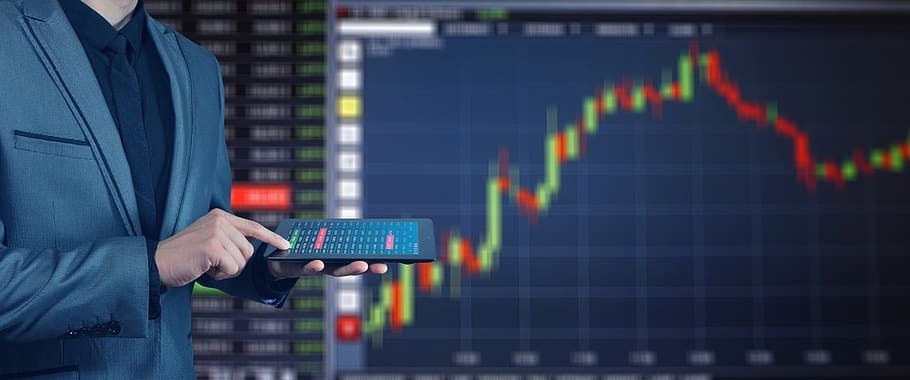
Why do many traders prefer trading in the forex market over stocks?
Why would a trader choose the forex market than the stock market? Today, we are going to tackle the most common and obvious reasons why. Some of these reasons include the number of listings, operating hours, commissions, volume and liquidity, short-selling liberation, manipulation risks, analysts, and brokerage firms.
The number of stock listings against the seven major currencies
Sure, there are many currencies, but the seven major currencies always make things easier. There are classifications where these seven are labeled as major currencies. The ones that are not included in the major currencies belong to the minor currencies, and all the other currencies that do not belong to both are called exotic currency pairs.
We have:
- The USD/ US Dollar
- EUR/ Euro
- JPY/ Japanese Yen
- GBP/ Great British pound
- CHF/ Swiss Franc
- CAD/ Canadian Dollar
- NZD/ New Zealand Dollar
We can’t really argue that these are less than more or less 2,800 and 3,300 stock listings on the New York Stock Exchange and NASDAQ, respectively.
The operating hours
The forex market operates 24 hours a day, and you can actually customize the way you trade. You have options to trade in the Tokyo/ Asian, New York/ North American, or London/ European trading session. Usually, brokers open from 5:00 pm EST on Sundays to 5:00 pm EST on Fridays with 24/ hour customer service.
On the other hand, the stock market’s operating hours are limited. Let us take stock exchanges in the US, which usually open from 9:30 am to 4:30 pm EST.
Fees and commissions
Forex brokers do not ask for commissions and extra costs, but they profit from the bid-ask spread. Although, nowadays, stockbrokers seldom ask for commissions as well.
Volume and liquidity
The forex market is the world’s most substantial financial market, with over $6.6 daily trades. There must be a reason why the stock market’s daily trading volume is not as high as the forex market, right?
The ability to short sell
In forex, there is freedom, and choices are unlimited as a trader can choose to go either long or short regardless of the market direction— it is possible! There is no rule that a trader cannot short sell, unlike equity markets. Why is that? Forex trading is always in pairs. Since they are always in currency pairs, when you buy one, you automatically sell the other. In short, whether the market rises or declines, there is always an opportunity to trade.
The risks of manipulation
Fund or bank manipulation is very unusual in the forex market because this market is very massive. Manipulation is almost impossible because the forex market is very liquid when people actively trade the major currencies.
However, it is not the same for the stock market as there are chances when massive fund buying and selling happen. Liquidity is not always high in the stock market.
Analysts and brokerage firms’ market influence
No analyst can impact exchange rates. The most they can do is review and analyze them, hence the justification to their name: analysts.
However, if an analyst makes a buy recommendation on a declining stock, it can make a huge difference. These recommendations are not going to stop anytime soon.








